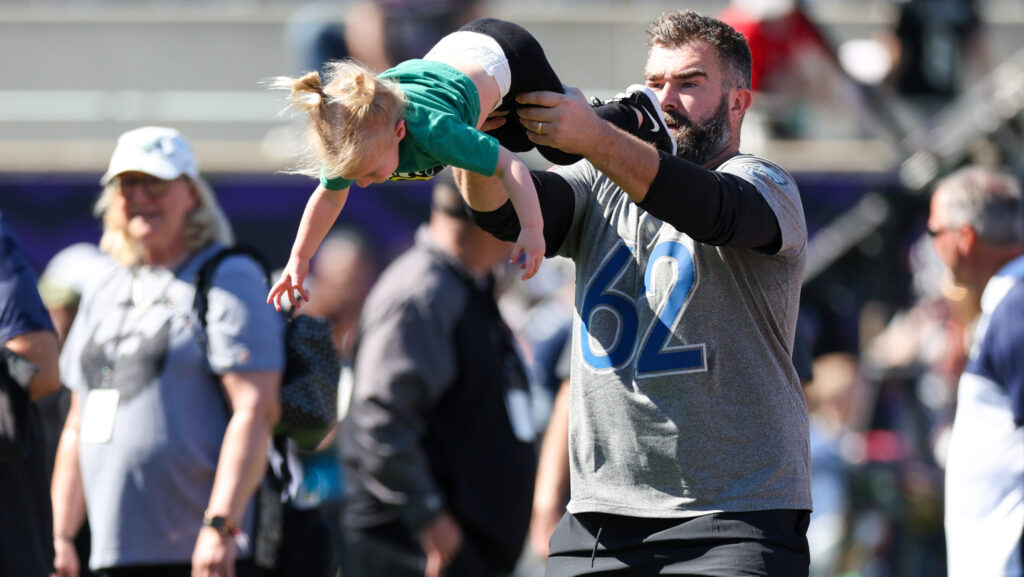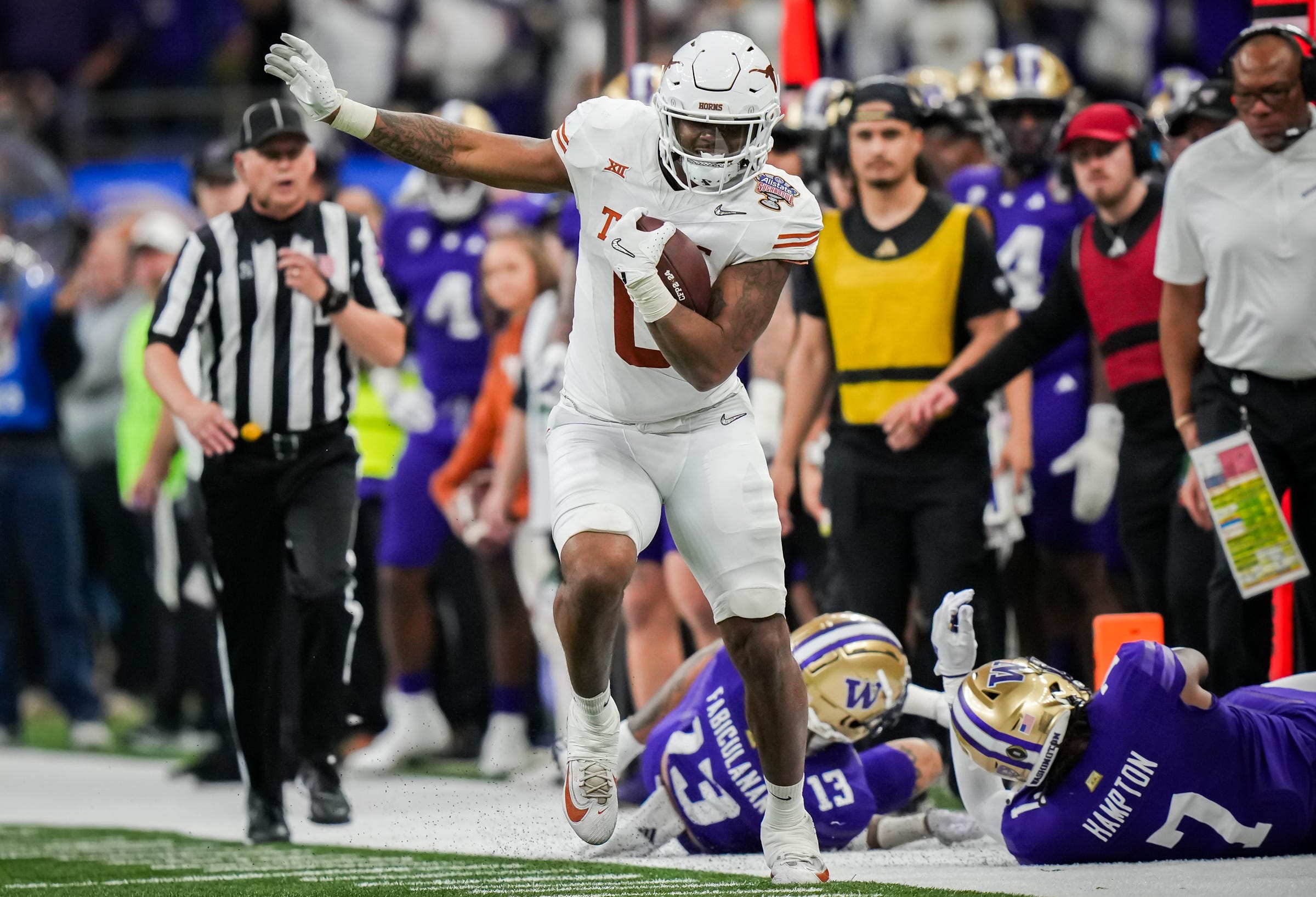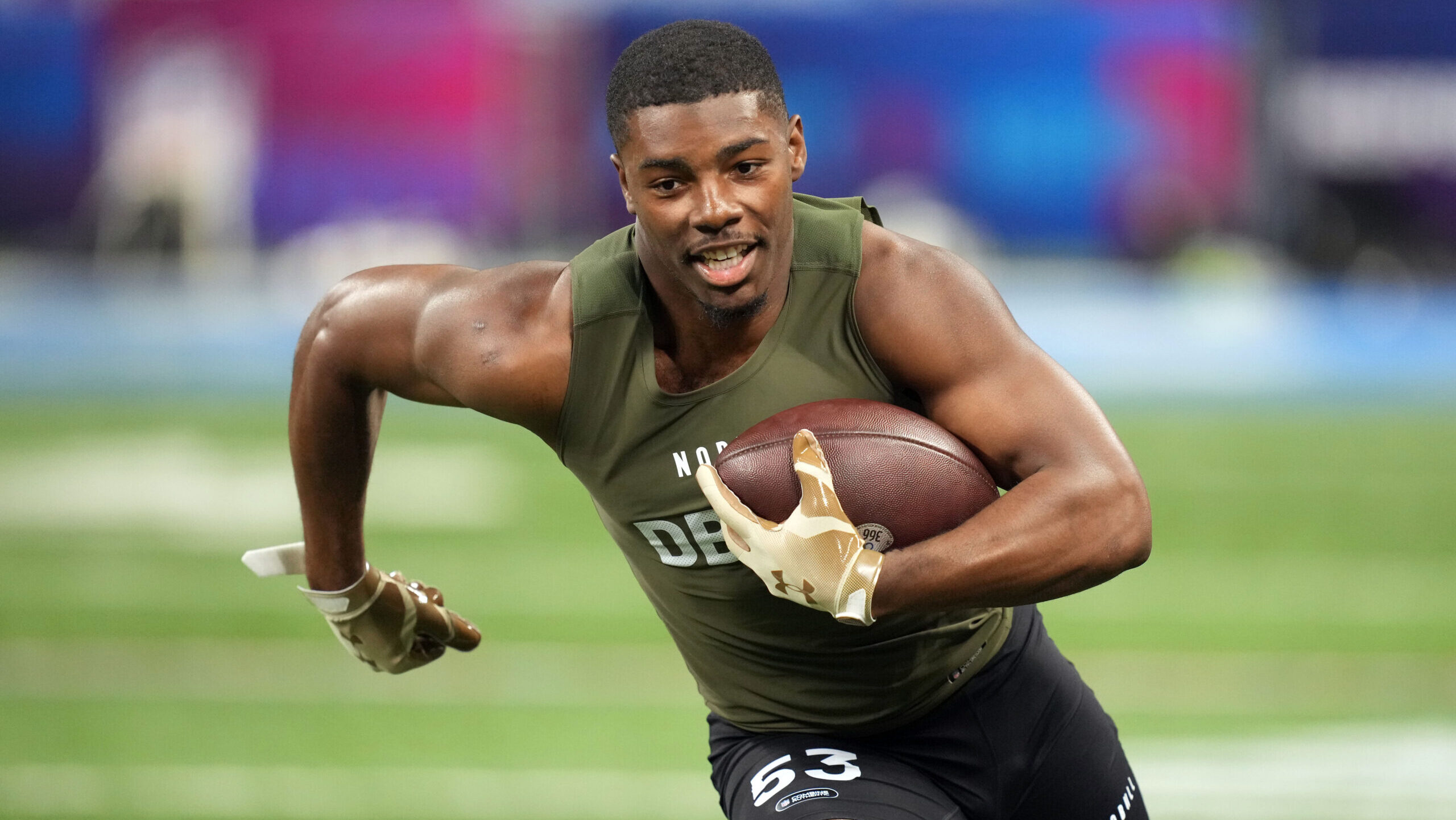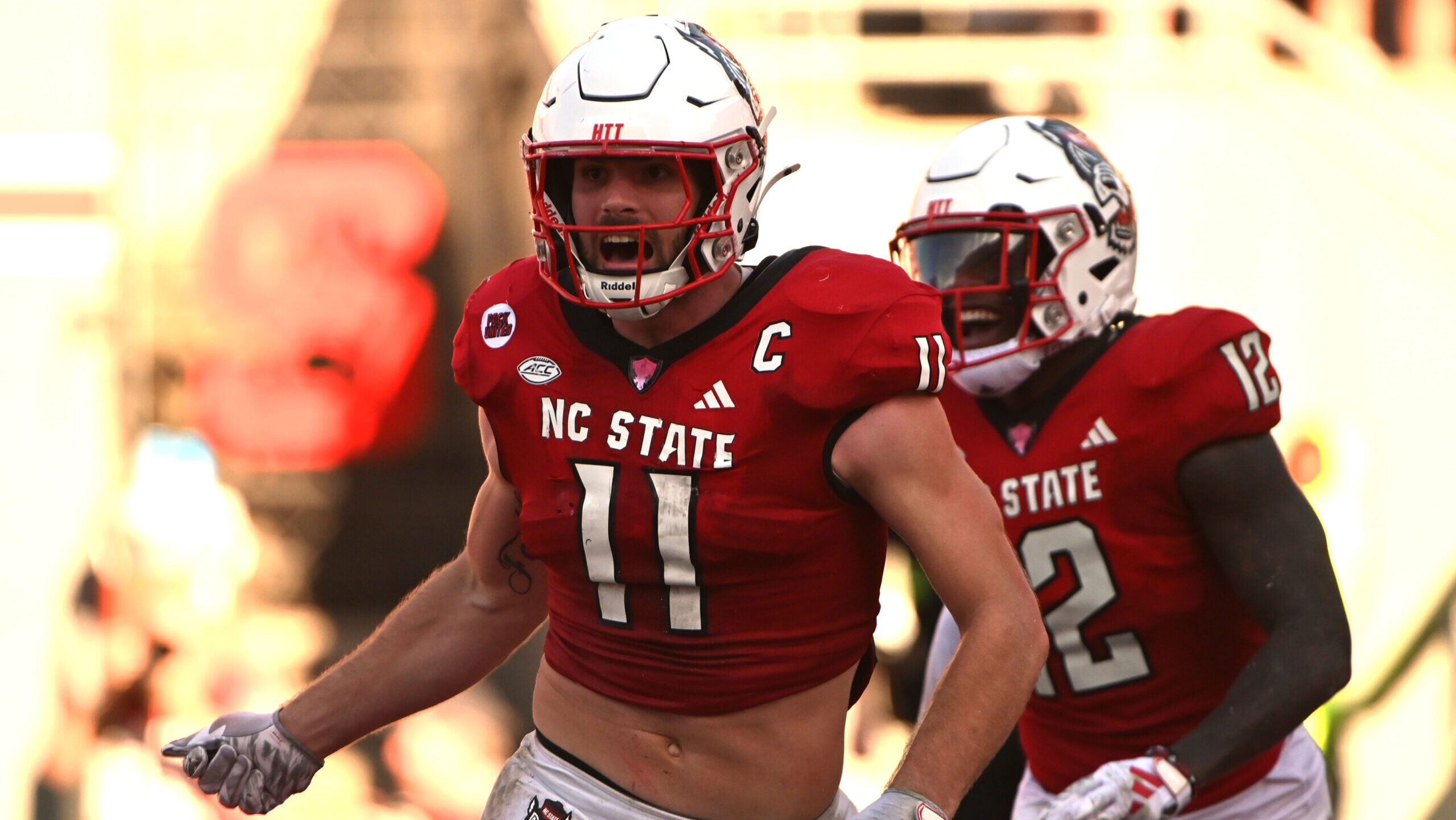Expert Analysis
3/4/24
6 min read
Jason Kelce's Decision To Retire While Still Playing Well Is Rare For NFL Players

Jason Kelce’s retirement announcement Monday got me thinking about the myriad of thoughts players go through before, during and after one of the most difficult and emotional decisions of their life.
THE DECISION
Let’s start with the reality that most players don’t get the opportunity to have a choice or say in the matter like Kelce did. It feels like this is how it ends for the majority of players, including almost all of the ones who aren’t household names.
Whether it is a career-ending injury, a lack of interest from teams or realizing they just got released for the last time, the NFL tends to retire players as much as anything else.
That’s the category I would put myself in. I could have gotten neck surgery and tried to continue playing after bruising my spinal cord as a result of a herniated disc in 2007. However, when I asked the Washington neck and spine surgeon his opinion he said, “I think you are 28 years old and went to Princeton and should get a real job." In that moment, I felt a bizarre combination of loss and relief.
The loss is the obvious part and something Kelce clearly grappled with like most players in his position. Whether you are a future Hall of Famer who gets to go out on your terms like Kelce — or a journeyman like I was — the pain is real, and it feels like losing a loved one. I won’t speak for Kelce, but for me, football was my first true love in life from the time I was 5 years old, and I still miss it pretty much every day.
That’s actually one thing that makes Kelce’s decision tougher. Unlike me with an injury or the hundreds of others who don’t get to make a decision, Kelce is choosing to break up with his first love, while still at the top of his game.
If you watched the fantastic Amazon documentary Kelce, it was clear a year ago Kelce was keenly aware of this dynamic and even referenced in his riveting speech that he will “never feel as alive again” as he does playing football.
That’s a fact. No matter what he does next, he will never replicate that feeling.
I felt relief when I heard those words from the doctor. I knew I did everything I could to be the best I could possibly be at my favorite thing in the world for as long as I could. My journey had ended.
Yes, I was sad that it was over, but I also felt a sense of peace of knowing I accomplished my goal of living my football life with no regrets.
THE PRELUDE
The interesting part about retirement is how players prepare themselves. That can make a big difference in when they walk away and their happiness in the weeks, months and years to follow.
This is one place where Kelce has crushed it and likely played a part in his decision to move on. He co-owns with his brother Travis Kelce one of the best sports podcasts in the world, New Heights.
His everyman persona and engaging personality have made him arguably the most marketable offensive lineman of all time. Those same traits, combined with his football acumen, make him reportedly the target of several broadcasting networks for a myriad of potential roles.
Simply put, he has set himself up for his post-football life as well as anyone in recent memory.
I wasn’t in nearly the same position as Kelce. Still, I had started a small business I was excited about while I was still playing called GoBigRecruiting.com. I also attended the NFL’s first-ever Broadcasting Boot Camp the previous summer with the idea of seeing if I liked it.
I had also completed offseason internships pretty much every year during my career. That included finance with Merrill Lynch in Washington and Buffalo and commercial real estate with The Staubach Company in Dallas.
Ironically, putting on a suit and tie and driving downtown to go into an office served as unbelievable motivation to play football for as long as I could.
THE AFTERMATH
This is where stuff gets real. I mentioned the “prelude” to the “decision” above because it seems like players who already had a plan or started something before football was over were in a better position than those who didn't.
Imagine working every day since you were 10 years old at something. Then, suddenly, sometimes without a moment’s notice, it is over before age 30. As a football player, your schedule is structured down to the minute, especially at the professional level. You have people in the organization whose job is to handle the football and non-football aspects of your life.
And then, poof, that all goes away. No matter how much the NFL tries to help players with their transition — and there are many programs designed to do that — it still comes down to guys needing to help themselves. They often lack structure, purpose and identity.
My structure and purpose became trying to lose weight, rehab my neck, grow the business and get my media career started. The identity part was the hardest. I felt like I had been “Ross Tucker, the football player” for 18 years. And all of a sudden I wasn’t.
Fortunately for me, while it is not nearly the same thing as playing, I could stay close to the game and keep that “love in my life” through broadcasting. I also realized that post-football life can be great if you let it.
Here’s to hoping Kelce can find the same joy and passion in his post-playing career as he did during his playing days. Since I know him a bit, I am highly confident that will be the case.








